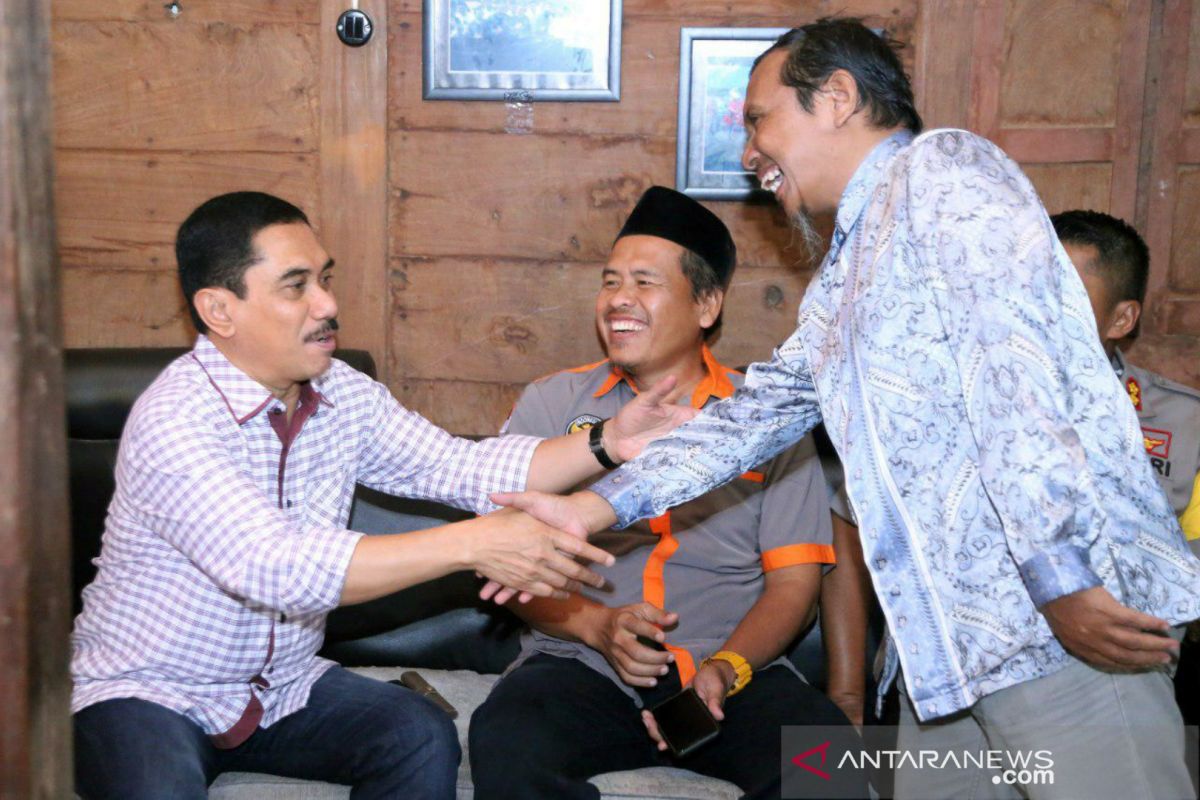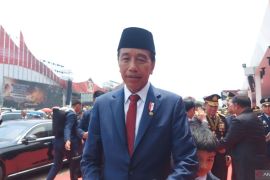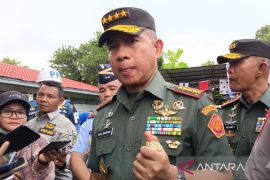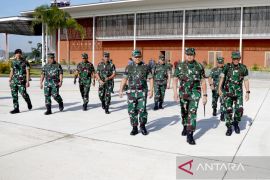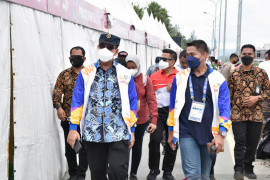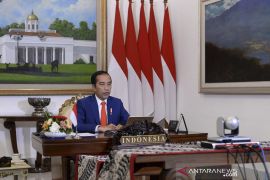Since 2000, terrorists have been targeting the country, and until now, the spread of radicalism and terrorism continues to pose a threat to the nation.
In May 2018, a church in the East Java city of Surabaya was attacked. Three years ago, ISIS supporters in Indonesia had launched a suicide bombing and shooting attack in Jakarta on January 14, 2016, which led to the death of eight people, including three innocent civilians.
The government and its security personnel are, indeed, fully aware of this threat. Therefore, in dealing with this problem, the related government and security agencies have launched both hard and soft approaches.
Apart from the approaches the government adopts, Coordinating Minister for Political, Legal, and Security Affairs Wiranto believes that the National Counterterrorism Agency (BNPT) cannot work alone.
Instead, combating acts and threats of terrorism is a collective responsibility of the entire nation, and according to Wiranto, the BNPT should be able to garner support from the entire nation to carry out counterterrorism measures, and all related ministries and agencies must be encouraged to assist preventive counter-terrorism measures.
In promoting the implementation of deradicalization programs from the upstream, for instance, the country's counterterrorism agency needs to cooperate with the Social Affairs Ministry, without which it will practically be impossible for the agency to implement its deradicalization programs.
"Where does it get the money from? So, working with the Ministry of Finance, the National Development Planning Agency, and the Ministry of State Apparatus Empowerment and Bureaucratic Reforms is important," Wiranto argued.
Despite the government's ongoing counter-terrorism efforts, the threat of terrorism will not vanish. Indonesia should not allow the threat to become bigger.
The Jakarta-based CSIS working paper (2018) revealed that the BNPT has been implementing a soft approach over the past years through programs such as "Pusat Media Damai (Peace Media Center), Cyber Peace Ambassador Initiative, and the BNPT Video Festival".
Through these soft approaches, the BNPT engages young Indonesians to become influencers and agents of peace, as well as helps create and disseminate narratives that will counter the ideologies of radicalism and terrorism on the internet (CSIS, 2018).
Due to the fact that most Indonesian youngsters now have access to the Internet, they are more vulnerable to the spread of this radical ideology. Several of them may even have been affected by the proliferation of radicalism.
To protect youngsters from being influenced by the teachings of radicalism and terrorism, the BNPT officials are also engaging ex-terrorists and terrorist inmates into their counter-terrorism strategies.
To this end, on Friday, Head Commissioner General Suhardi Alius and his colleagues visited a former terrorist and an inmate connected with terrorism in East Java to cultivate a sense of familyhood in the agency's deradicalization efforts.
The two figures were Ali Fauzi Manzi, who is presently head of the Peace Circle Foundation (YLP), and Umar Patek, serving a 20-year prison term at the Porong Penitentiary.
Alius and his colleagues paid a visit to Manzi, the younger brother of Ali Imron, Muklas, alias Ali Gufron, and Amrozi, involved in the first Bali bombing, at the foundation secretariat in Tenggulun Village, Solokuro Sub-district, Lamongan District.
After visiting Manzi, Alius and his entourage then headed to Porong Prison in Sidoarjo District to meet Umar Patek.
Alius was quoted as saying that Manzi and Patek have changed for the better, and forging a sense of familyhood between them and their family members was a positive step forward.
He thereafter shed light on YLP's efforts to support deradicalization efforts by promoting the ideology of a moderate Islam along with accommodating former terrorists and offering them economic access.
Owing to its positive role, the foundation has currently become a role model for the international community in its efforts to fight terrorism, he noted.
"This is the example that we need to endorse in this republic, so that those who did not know much about nationalism and nationhood earlier can now develop a sense of love for the Unitary State of the Republic of Indonesia. They are also eager to become our envoys," he noted.
Alius further averred that visiting Manzi and Patek was testament to the state's contribution to the deradicalization efforts, in which both former terrorists and terror inmates, who had been transformed, would be engaged and aided optimally.
Engaging them in the collective effort to fight against committing crimes against humanity and spreading the ideologies of radicalism and terrorism will help Indonesia win the war on terrorism. EDITED BY INE
Editor: Fardah Assegaf
Copyright © ANTARA 2019
